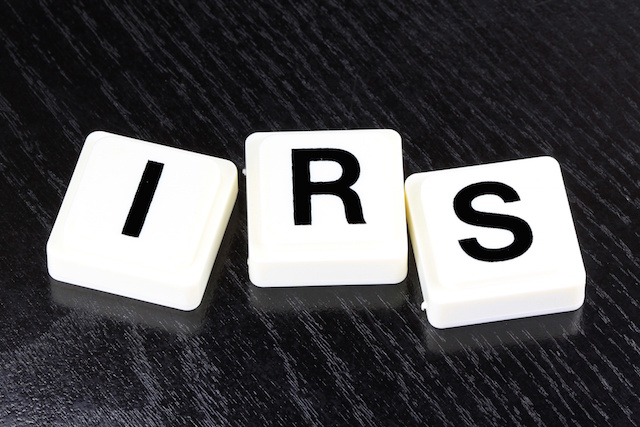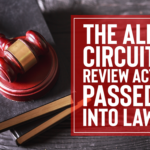Tax fraud costs the U.S. government $458 billion a year, which works out to thousands of dollars per honest taxpayer. The IRS has only limited ability to detect taxpayer fraud, however, which is why for many years it has awarded ordinary citizens who relay information to the agency which results in recovery of lost tax payments. But bringing information to the IRS regarding tax fraud of course requires some effort and perhaps some risk, which brings up the question of exactly how much a person can expect to recovery from the IRS in a whistleblowing award for reporting tax fraud.
You Can Recover Up to 30% of Collected Proceeds
Under rules promulgated in 2006, the IRS is required by law to award whistleblowers with between 15% and 30% of “collected proceeds” in a proceeding where the amount in dispute is at least $2 million and the taxpayer in question has earned at least $200,000 in taxable income for any of the years in question. “Collected proceeds” can include penalties, interest, additions to tax, and other additional amounts collected by the IRS from the taxpayer in connection with the action.
For large taxpayers who have significantly underpaid their taxes, this whistleblower award can become quite substantial. For example, if the IRS collects $10 million from a delinquent taxpayer based on information you provided, this means you can walk away with between $1.5 million and $3 million in a whistleblower award. In 2012, the IRS awarded a banker $104 million in a whistleblower award after he provided information leading to the successful recovery of $800 million from his employer UBS AG.
Determining Your Specific Award
Obviously, there is a big difference between 15% and 30% when it comes to these large numbers. The IRS rules state that the specific percentage of the collected proceeds to be paid out as an award will be based on “the extent to which the individual substantially contributed to such action.”
The IRS can also pay a somewhat smaller award where the information provided by the whistleblower initially came from a government investigation, report, or hearing or from the news media, unless the whistleblower was the initial source for that event as well. The IRS may also limit the award received where the whistleblower played some role in causing the tax underpayment in the first place.
Note that the IRS is required to pay awards based on these percentages when provided information by a whistleblower and, again, the total amount in dispute exceeds $2 million and the taxpayer had $200,000 in income for at least one year under review. Where neither of those thresholds is met, however, the IRS can still pay a whistleblower award in its discretion.
When to Talk to an IRS Whistleblower Attorney
If you have information about significant tax underpayment and/or avoidance, you should act quickly in reaching out to an IRS whistleblower attorney to determine whether you potentially can earn a large award. If you wait, you run the risk of another party bringing this information to the IRS before you, thus limiting your ability to collect any award.
At Kreindler and Associates, we work with whistleblowers to help them navigate the process of reporting information to the federal government while protecting their interests and identity in order to win the maximum award available. Even if you are not sure about the sufficiency of your information relating to tax fraud, we will work with you to determine whether you are eligible for an award, and, if so, be by your side every step of the way to work towards that award. To learn more about how Kreindler & Associates can help in your IRS whistleblower matter, contact us today.




